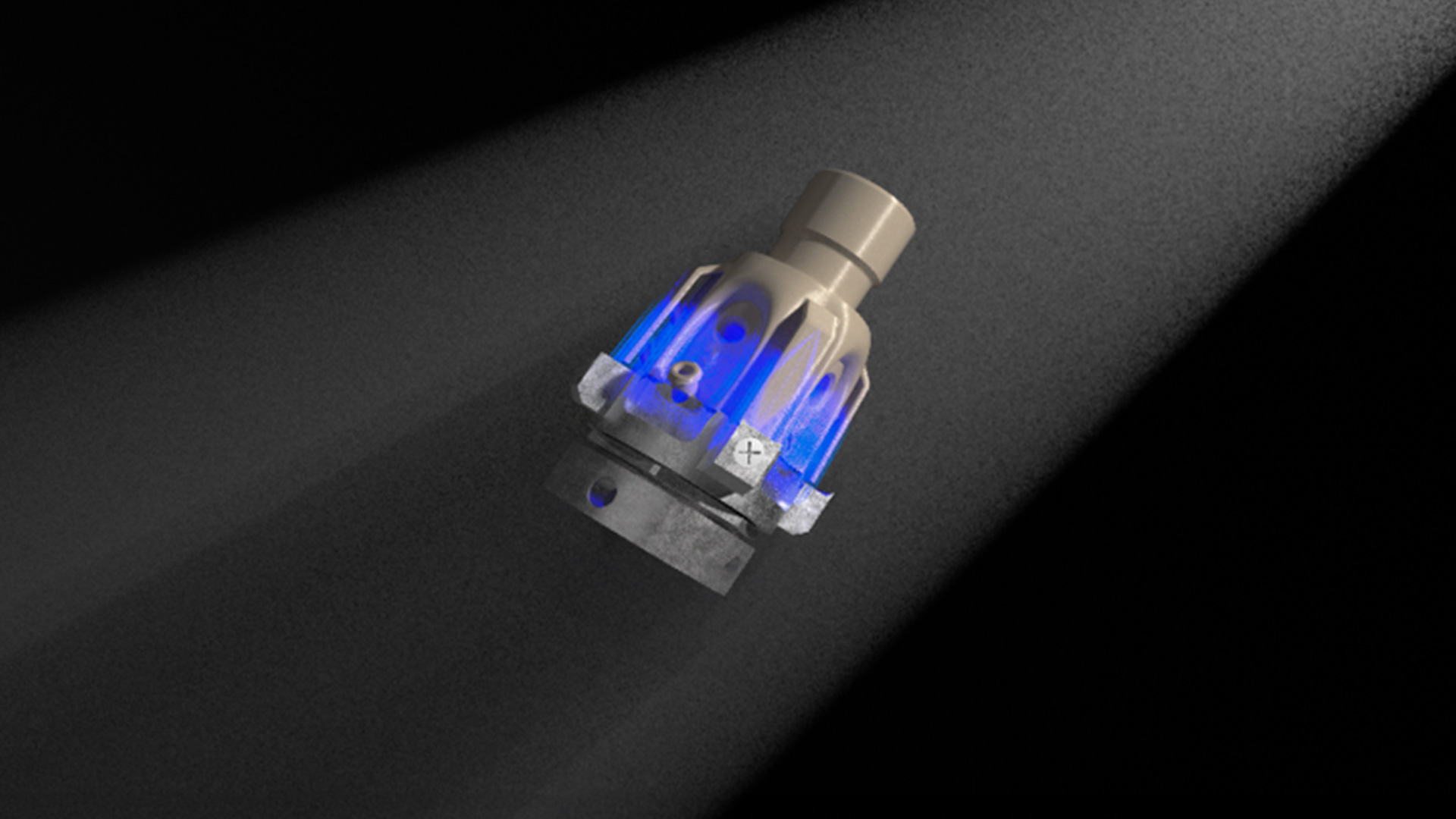
5 Advantages of Replacing Metal Components with Polymers
Modern industry is constantly exploring new ways to improve production efficiency and reduce costs. One of the most effective solutions is the replacement of metal components with advanced polymers. When combined with additive manufacturing, this choice can radically transform production processes, offering competitive advantages and a direct impact on business success. Below, we explore five key benefits of this transition.
1. Reduction of Weight and Energy Costs
Replacing metal components with polymers such as PEEK and Carbon PEEK can result in parts that are up to 70% lighter. This leads to lower energy costs and greater efficiency, especially in industries like rail and aerospace, where weight is a critical factor for performance. The weight reduction also improves the range of electric vehicles and reduces fuel consumption in traditional vehicles, boosting competitiveness in the market.
2. Corrosion Resistance and Increased Durability
Advanced polymers offer superior resistance to corrosion and environmental conditions compared to metals, which tend to deteriorate in harsh or chemically aggressive environments. This results in components that require less maintenance and have a longer lifespan, reducing the Total Cost of Ownership (the total of direct and indirect costs associated with purchasing, using, and maintaining an asset over its entire lifecycle) for companies. Industries such as energy and chemicals can particularly benefit from this resistance, ensuring safer and more reliable operations.
3. Design Flexibility with Complex Geometries
Another major advantage of adopting polymers in additive manufacturing is the ability to create complex geometries and customized components that would be difficult to achieve with traditional metalworking methods. This flexibility allows for optimized component designs, reducing weight without compromising mechanical performance. In this way, companies can respond more efficiently and quickly to market demands, shortening design and production times.
4. Reduction of Production Time and Costs
Working with metals often involves complex and expensive processes, including casting, machining, and finishing stages. Polymers, on the other hand, can be processed more easily and quickly. By using additive manufacturing to create polymer components, production times are significantly reduced, resulting in faster production cycles and lower operating costs. This offers a competitive advantage for companies looking to optimize their supply chain and bring new products to market more quickly.
5. Sustainability and Circular Economy
The shift from metals to polymers also represents a significant step towards sustainability. Additive manufacturing reduces material waste during the production process, and many of the advanced polymers used can be recycled or reused, contributing to the circular economy. Companies looking to improve their environmental footprint and reduce waste can adopt polymers to achieve sustainability goals without compromising performance.
The replacement of metal is becoming increasingly important for manufacturing companies. With Roboze technology, new business opportunities are opening up. Download the white paper to learn more.
Replacing metal components with polymers, combined with additive manufacturing, is not just a technological choice—it’s a strategy that can radically change the way companies operate, improving efficiency, flexibility, and sustainability. Companies in sectors such as mobility, aerospace, energy, and many others can gain significant advantages by reducing costs and speeding up time-to-market.
Want to learn more about how Roboze can help you optimize your production with advanced materials and additive technologies? Contact our experts today and discover how to transform your business.
